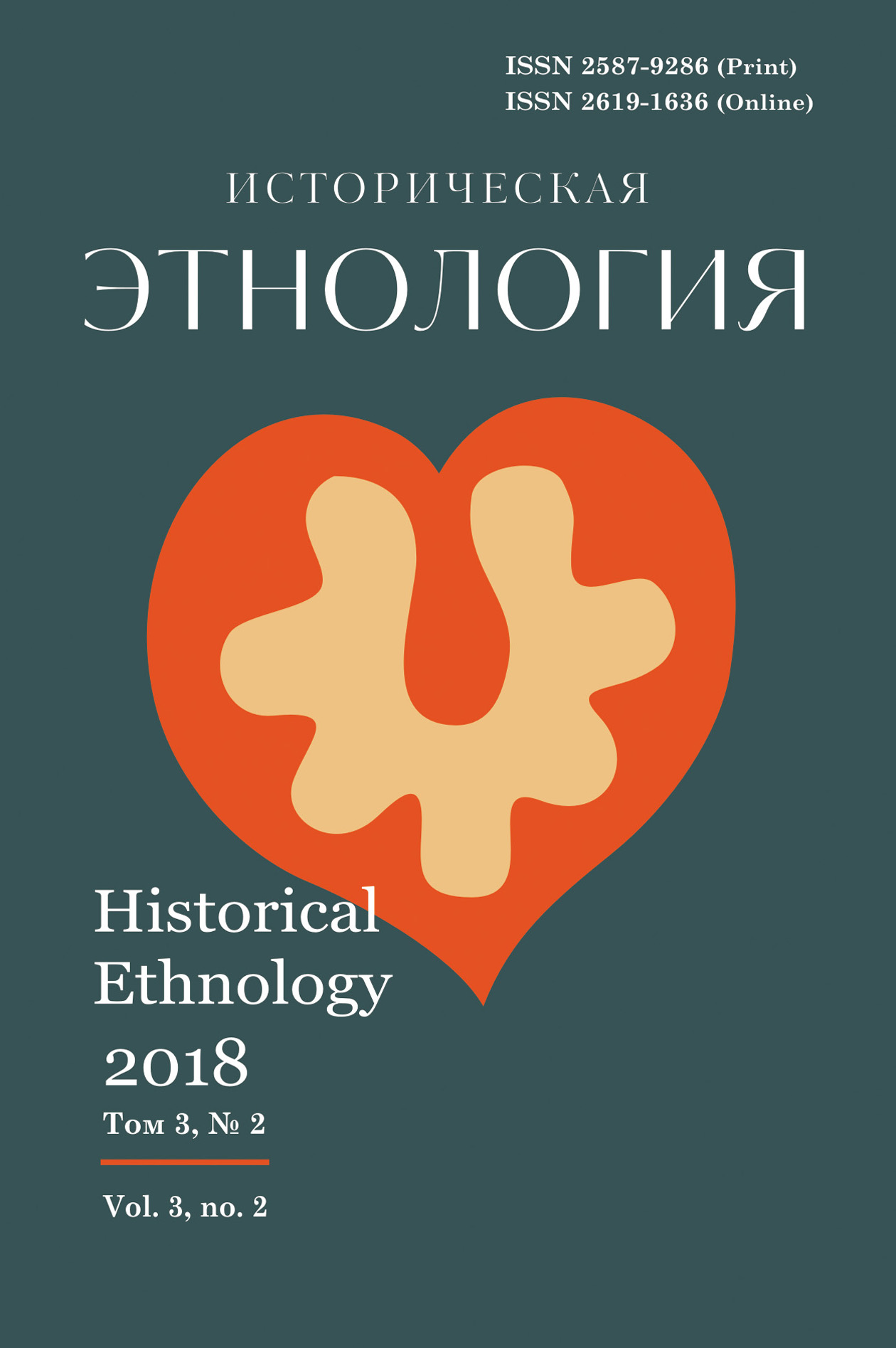
Main menu / 2018, vol.3, no.2 / M.R. Gaynanova
Educational activity of Tatar intellectuals in Turkey in the first half of 20th century M.R. Gaynanova
267–274 p. doi.org: 10.22378/he.2018-3-2.267-274 Istanbul and Kazan in the early twentieth century were the learning centers of the Turkic world, the centers of the formation of ethnic, national and Turkic self-consciousness. There were close ideological and cultural ties between these cities, which were represented in the constant contacts of people and exchange of information through newspaper and magazine materials. It should be noted that the Tatar intellectuals who emigrated to Turkey had a great influence on the formation of the national self-image of the Turks, on their development as a nation, on shaping Turkey as a secular state. Some of them were even in the inner circle of Ataturk, the first president of the Turkish Republic, worked as his advisers on cultural and political issues. Their authority and influence were significant not only in the political and administrative life of the country, but also in research and education. As the Turkish Republic has been formed, construction of national educational schools begins, newspapers and magazines are published with the purpose to grow the national self-consciousness of the Turks. The report reveals the issue of the educational activities of Tatar intellectuals in Turkey in the first half of the 20th century. Keywords: Turkey, tatar intellectuals, education, cultural ties. For citation: Gaynanova M.R. Educational activity of Tatar intellectuals in Turkey in the first half of 20th century. Istoricheskaya etnologiya – Historical Ethnology, 2018, vol. 3, no. 2, pp. 267–274. DOI: 10.22378/he.2018-3-2.267-274
REFERENCES
About the author: Milyausha R. Gaynanova is a Candidate of Science (History), Senior Research Fellow, Sh. Marjani Institute of History of the Tatarstan Academy of Sciences (7А, Baturin St., Kazan 420111, Russian Federation); mgaynanova@gmail.com
|
Istoricheskaya etnologiya Historical Ethnology
Scientific journal







